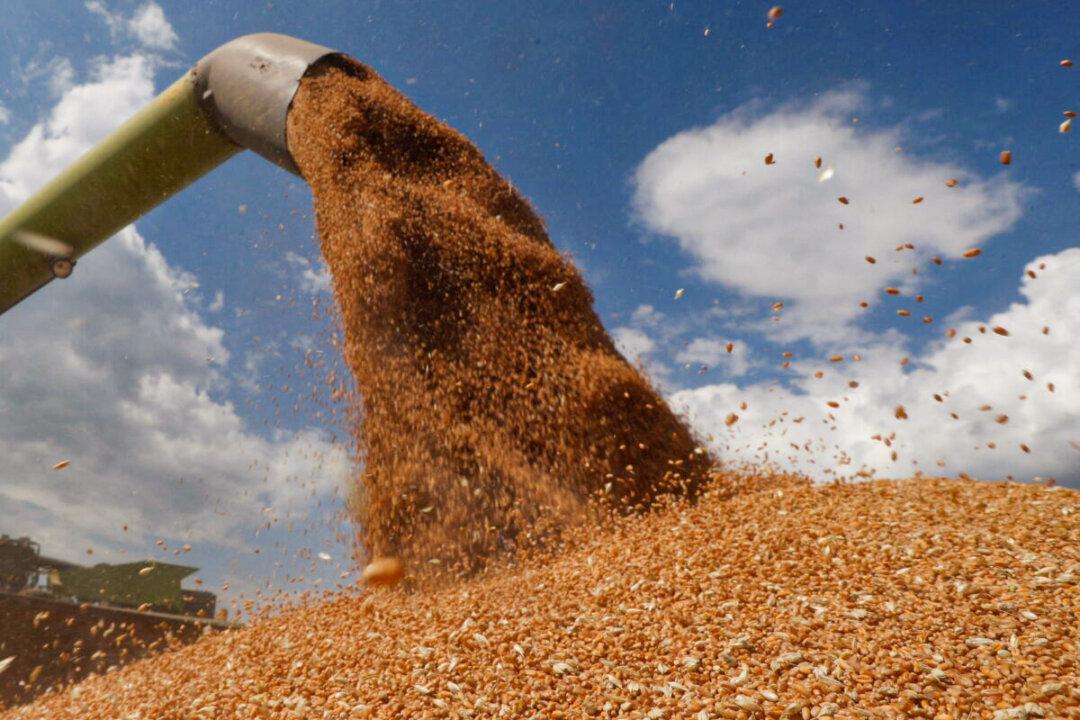The Russian invasion of Ukraine is beginning to threaten the global food supply, said Norwegian fertilizer producer, Yara International in a March 1 press statement.
The Norwegian company recommended that the international community needs to reduce its dependence on Russian raw materials for agriculture fertilizer.
Fertilizer prices were already rising sharply at the end of 2021, following natural gas costs.Yara, which is one of the world’s biggest fertilizer manufacturers, is a supplier to the Ukrainian agricultural sector and a major buyer of materials used for fertilizer, such as phosphate and potash, from Russia.
Russia also provides the natural gas used for nitrogen required to make fertilizer.
Ukraine and Russia are both major exporters of basic foodstuffs, accounting for about 29 percent of global wheat exports, 19 percent of world corn supplies, and 80 percent of world sunflower oil exports.
Russia is also one of the biggest suppliers of strategic metals, such as titanium, gold, cobalt, iron, and platinum. It supplied 6 percent of the world’s aluminum, 40 percent of palladium, and 30 percent of global diamond production in 2021.
“With the geopolitical conditions out of balance, the biggest sources of raw material to Europe’s food production are being subject to limitations, and there are no short-term alternatives,” said Yara.
Higher food prices could lead to famine for the most vulnerable, Yara warned.“One potential consequence is that only the most privileged part of the world population gets access to enough food,” said Yara, adding that while high prices may have a short-term positive impact on profit, they would mean an unsustainable food system, leading to starvation and conflict in the long term.
“It is therefore crucial that the international community come together and work to secure world food production and reduce dependency on Russia, even though the number of alternatives today is limited,” Yara said.
Exports have been halted in Ukraine, due to restrictions on commercial ships in the Sea of Azov, which has disrupted food shipments.
Wheat futures have soared since last week due to concerns that Russia’s invasion of Ukraine will continue to disrupt grain shipments from the Black Sea region.




